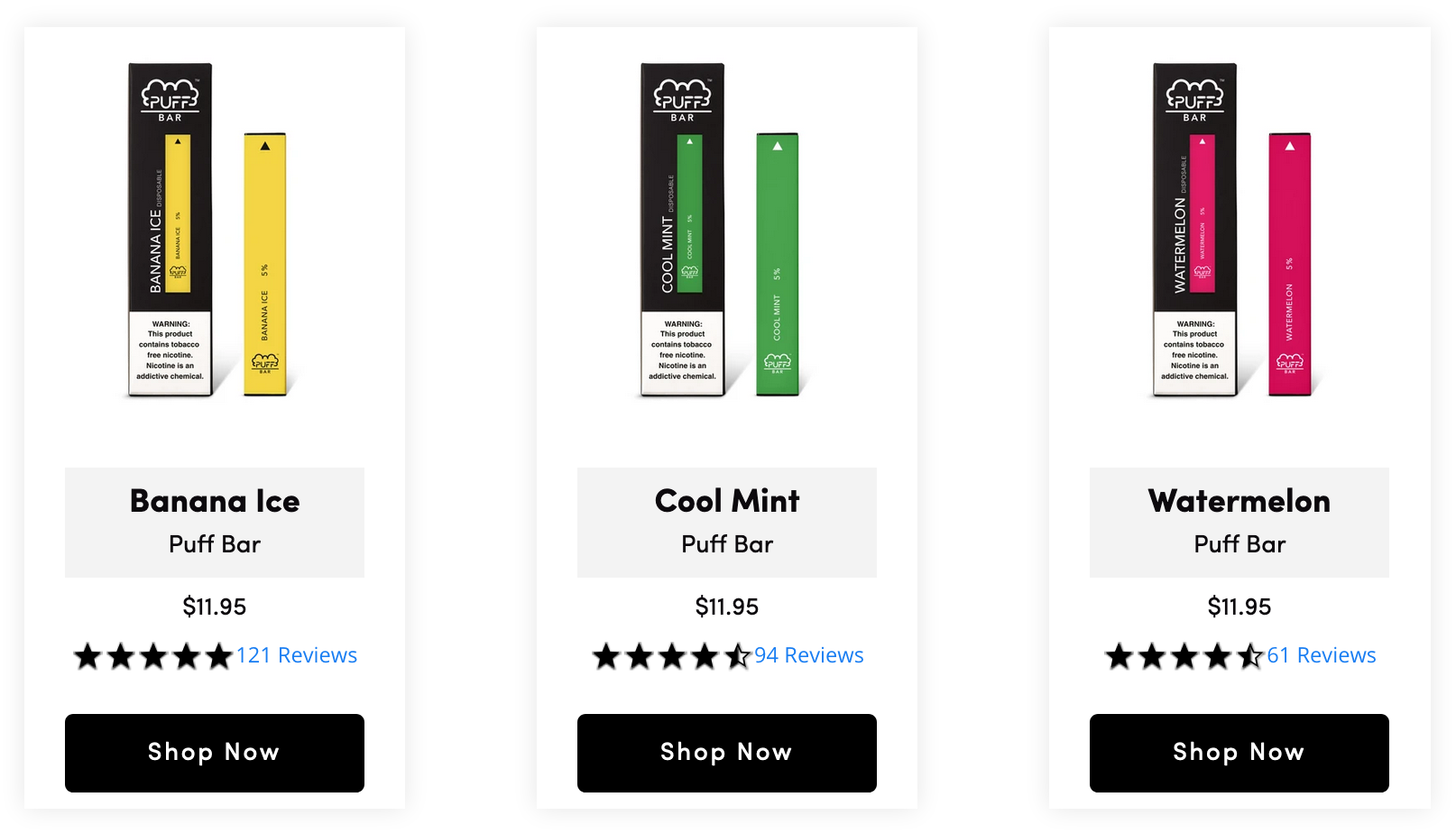
Best Reader Tips of 2021
This year reader tips led to dozens of ad alerts, as well as a complaint to regulators.
Reinventing the definition of a trial offer.
This is our inaugural post of what will be a continuing feature on confusing terms and conditions.
Remember that prerequisite course in school where it was impossible to keep your eyes open for more than 10 minutes straight? Well, the course still exists, and you might already be enrolled.
A website’s terms and conditions is a lesson in tedium that spells out, among other things, a site’s policy and procedures concerning legal compliance, warranties, and third-party vendors. Sometimes, just by visiting a website, you are agreeing to its terms, i.e., you are already enrolled.
TINA.org lives in the terms, which we scour for red flags that could potentially lead to problems for consumers. While not everything we uncover makes an article, there are certain sections that stand out for their confusing nature and that’s what this continuing feature will share.
Our inaugural post comes from the terms and conditions that govern the website vaporin.com, which sells Vaporin e-cigarette products (It’s also one of those websites where just by visiting it, you agree to the terms). Says the terms:
Scratching your head? We are too. How does one return a product for refund in the same condition as received if one intends on trying it out?
If you think you got a winner, that’s to say, a befuddling terms and conditions policy, contact us.
This year reader tips led to dozens of ad alerts, as well as a complaint to regulators.
FDA says it is aware of the situation but declined to comment on the regulatory status of disposable e-cigarette brand.
Be wary of “free trials” for CBD gummies and oils advertised on the internet.


